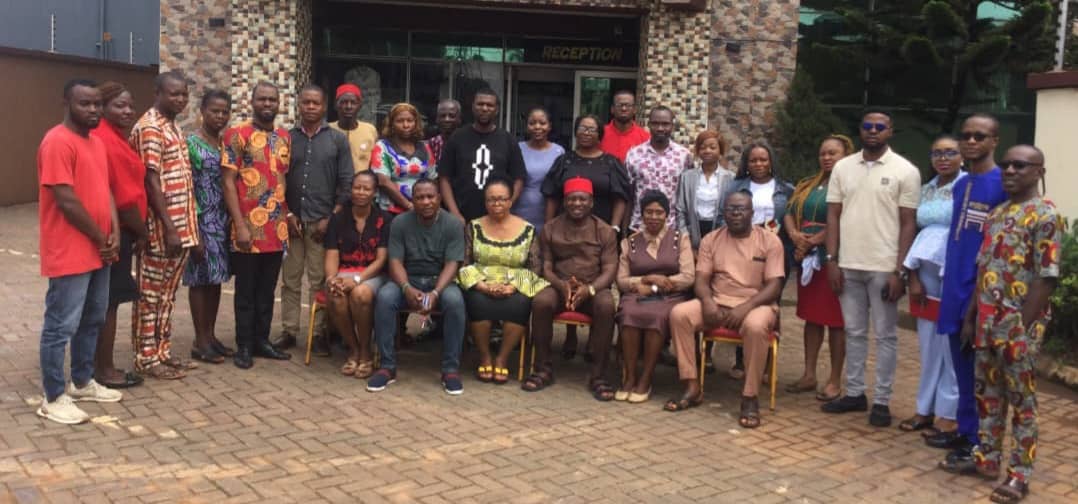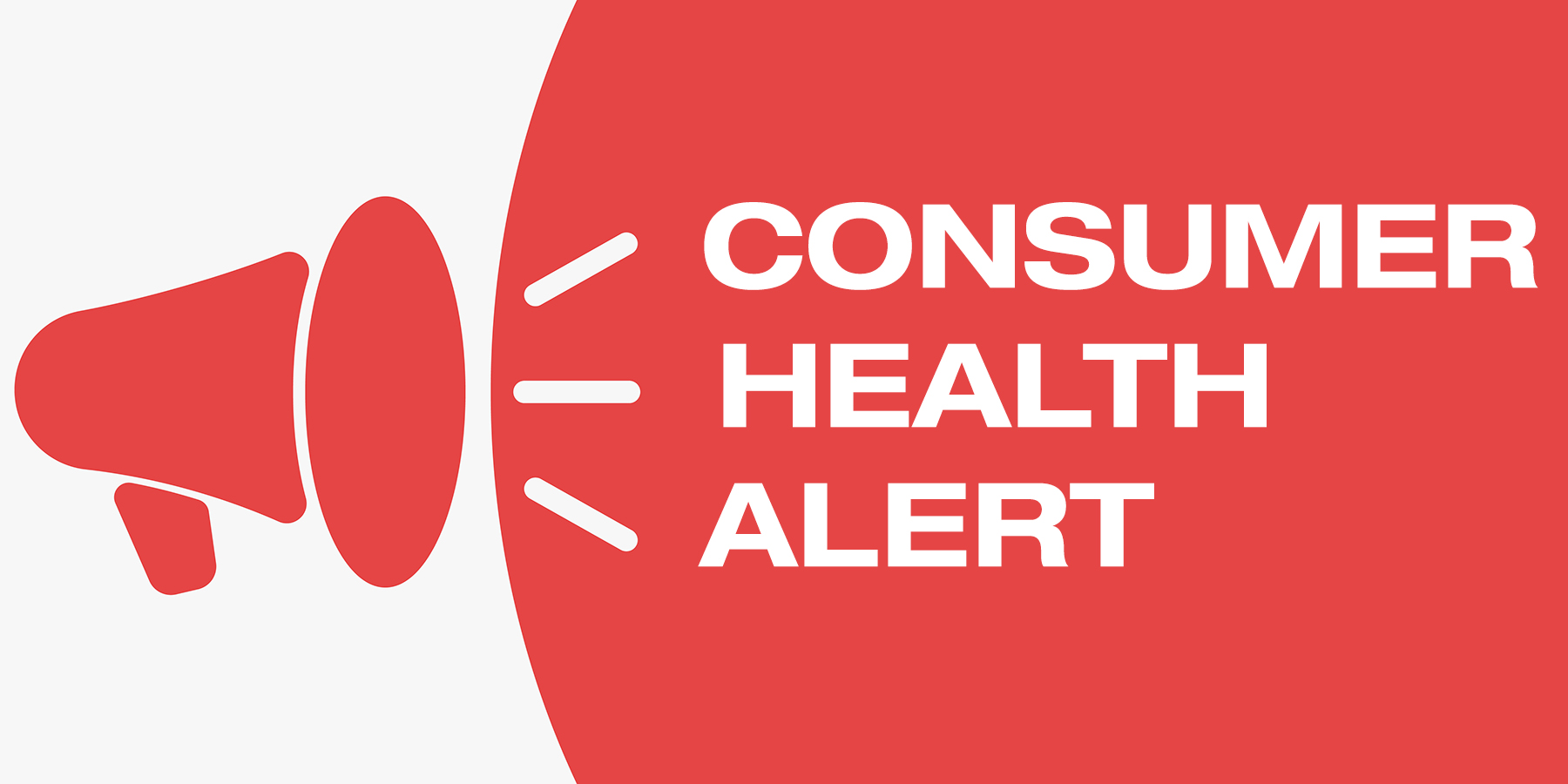By Awesome Ekene
Civil Society For The Eradication of Tuberculosis in Nigeria (TB Network) has called for extension of National Health Insurance program to the poor and most vulnerable, less educated and unemployed challenged with ability to pay out-of-pocket for high costs associated with frequent illnesses.
State Coordinator, TB Network, Anambra State, Ifeyinwa Unachukwu made the call at a media briefing on ATM CBOs implementing COVID-19 Response Mechanism (C19RM) by Civil Society For The Eradication of Tuberculosis in Nigeria (TB Network).
She also called on Anambra State Government to invest in disease control, eradication, and other evidence-based intervention programs to boost healthcare delivery in the state.
She said the project is aimed at increasing uptake services in AIDs, TB and Malaria treatments, and reducing factors that result in the disruption of essential health services due to the COVID-19 pandemic and preparedness for future pandemics and epidemics.
Underscoring the need for careful mapping out of funds and finances for primary health delivery, Unachukwu called for sanctions against misappropriation or mismanagement to ensure robust public health programme at the grassroots.
According to her, securing financial resources, renewing political leadership, fostering collaborations and community-led monitoring should be scaled up to eliminate diseases and the rising cases of gender-based violence in the state.
She expressed satisfaction with the tremendous results the project had already recorded in the focal five local government areas it covered within the year, namely Awka North, Idemili North, Njikoka, Onitsha North, and Orumba North, respectively.
Also speaking, Southeast Zonal Coordinator, Civil Society in Malaria Control, Immunization and Nutrition (ACOMIN), Prof Dennis Aribodo called on Anambra State government to make treatment of the trio diseases of HIV, Tuberculosis and Malaria (ATM) free in the state.
He said making treatment of the diseases, particularly malaria free would not only assist in poverty reduction, but eliminate the disease from the state.
He said: “There’s the need to make treatment of these three diseases free, not just affordable. Government can do that, it will only cost them small money. It can come up with a policy that from now till next one year, every child that’s down with malaria will be treated free to eliminate the scourge and reduce poverty.
“There should be budgetary allocations for these diseases so that every child, especially the most vulnerable and pregnant women can be free of malaria with assurance of adequate monitoring and supervision to ensure drugs are not stolen, sold nor diverted.
“In that way, you’re living families with more resources to address other needs. That’s one of the ways countries like Algeria eliminated Malaria in 2020. I’m sure Anambra can achieve that also.”
Earlier, State Programme Officer, for the TB Network’s C19RM/RSSH project in Anambra, Onyekachi Ololo explained that the C19RM/RSSH project was implemented through the National Agency for the Control of AIDS (NACA), to support the ATM Networks and other Community-Based partners in the state.
He however lamented negative impacts of dependency mostly experienced on funders, calling on the government to key in, fill the gap, and catalyze sustainable development in the communities.
“Government can come in and drive this C19RM/RSSH model because the results being generated from communities owning their healthcare facilities are crystal clear. It is expected that the government should be doing this for sustainability,” he said.




